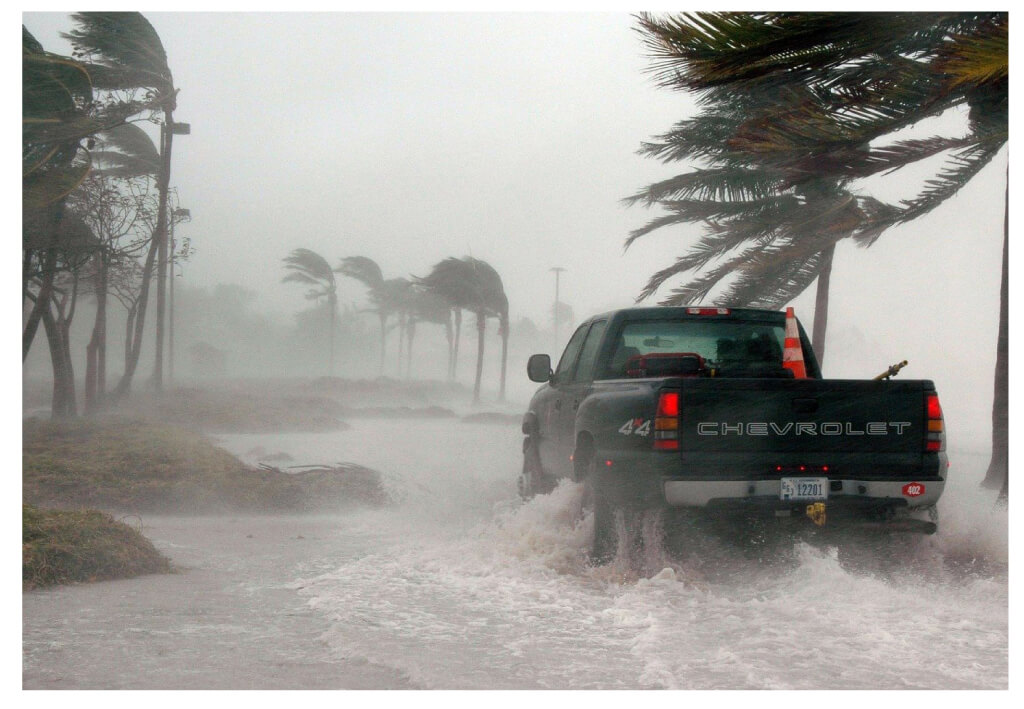by Joan Mitchell, CSJ

The pandemic affects humans around the globe. Covid mutates, creating new threats as it travels the Earth. The very capacity within molecules to evolve and become more goes to work against us in this mutating threat.
As if the pandemic were not enough, we in our gas and coal-powered civilizations keep generating carbon to raise the global temperature. We are sweating through new temperature highs and watching the spread of drought spread across the West.
Hurricanes pound the East Coast and the Gulf Coast. New records of rainfall flood towns and even the New York subway. People must rethink where they can build. In the oceans people may have to leave their island homes.
Heat, rain, blizzards, hurricanes, earthquakes, tornadoes—most people have experienced and survived such destructive forces. Now our human impact on the climate threatens life as we know it on our planet home.
At the end and beginning of the liturgical year, the Church reads from the apocalyptic chapters in the gospels. This brings us scary gospels that promise good will win out in the end, but in the meantime, Jesus warns his disciples that wars, earthquakes, famines, and persecutions will happen. However, he also insists that we, his followers, have the wisdom we the need to endure.
Indeed, tragedies bring out the best in most of us. Families, neighbors, volunteer groups turn out to help, to love their neighbors as themselves. José Andrés arrived four days after Hurricane Maria hit Puerto Rico in September 2017. He set to work serving meals that in the end totaled 3.8 million in number.
Those who rushed to fight the fires and looked for bodies after 9/11 put their lives on the line. Some are now suffering lethal cancers from the toxins in the air and debris.
Stephen J. Gould helps us remember—“Good and kind people outnumber all the others by thousands to one. The tragedy of human history lies in the enormous potential for destruction in rare acts of evil, not in the high frequency of evil people…Thus in what I like to call the Great Asymmetry, every spectacular incident of evil will be balanced by ten thousand acts of kindness … the ‘ordinary’ efforts of the vast majority” (Harvard Magazine, July-August, 2019, 72).
Jesus recommends patient endurance. He has taught us how to live every day. Indeed every tragedy catches individuals in the midst of doing good, saving someone besides themselves, rescuing neighbors, helping the disabled, helping clear away wreckage.
Christianity is about the verbs of everyday living: love, share, forgive, include, speak the truth, listen, learn, build, rejoice, have compassion, go an extra mile, lend a hand.
- What is your prayer for your children? What is your advice?
